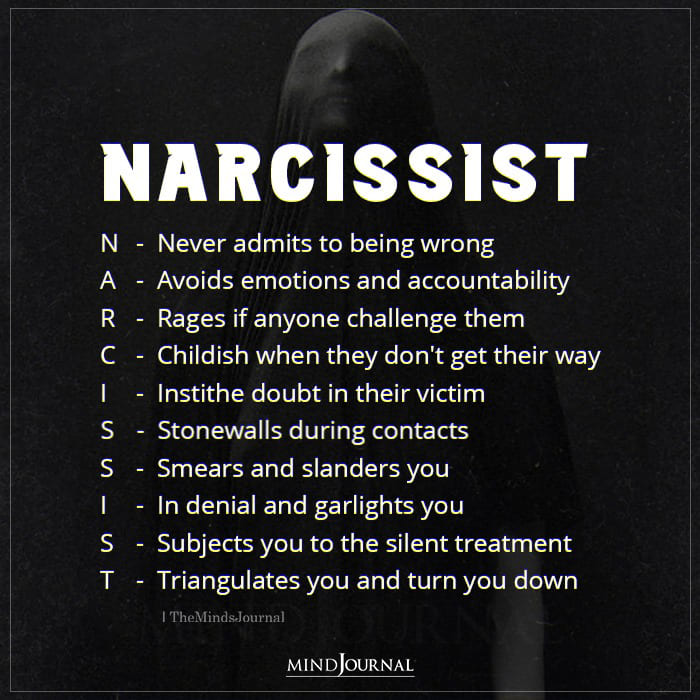Being in a relationship with a narcissist can feel like you’re trapped in an emotional storm that never settles. If you suspect this type of behavior in a relationship, then here are five inhuman things a narcissist does to torture you.
But, What Is Narcissist Torture?
Narcissist torture isn’t an official psychological term, but it’s commonly used to describe emotional or psychological manipulation by those with narcissistic traits or narcissistic personality disorder (NPD).
It usually refers to the harmful behaviors or tactics that a narcissist uses to control, demean, or manipulate you, all in an effort to uphold their sense of superiority, gain power, or reinforce their self-image.
So below 5 signs will help you to recognize harmful behaviors before it gets too exhausting and painful.

5 things a narcissist does to hurt you
1. They Make You Question Your Reality
Gaslighting is one of the most common narcissist torture tactic, and it can be incredibly damaging. They twist the truth, deny things they’ve said, or accuse you of being too sensitive or imagining things.
Over time, you may start to doubt your own memory and how you perceive events. This kind of mental manipulation can make you feel like you’re losing touch with reality.
You might find yourself second-guessing everything, including your own thoughts and feelings, which gives them even more power over you.
Example: Imagine confronting them about hurtful words they said, only for them to claim it never happened, or that you’re “making a big deal out of nothing.”
2. They Always Criticize and Belittle You
Narcissists thrive on control, and one of the 5 things a narcissist does for maintaining it is through relentless criticism. No matter what you do, it’s never enough for them.
They’ll downplay your accomplishments, ridicule your decisions, and make you feel small. Gradually, their words erode your self-esteem. You start to doubt your abilities and worth, which only strengthens their grip on you.
Example: You might reach a significant milestone at work, but the narcissist will dismiss it, claiming it’s “not a big deal” or that “anyone could have done that.”
3. They Turn Others Against You (Triangulation)
Narcissists are experts in creating drama and discord between people. This tactic is called triangulation, where they bring a third person into the mix to manipulate and isolate you further.
They might badmouth you to mutual friends or colleagues, creating doubt and division. This leaves you feeling isolated and unsure of whom to trust, which serves the narcissist’s goal of keeping you dependent on them.
Example: They might tell you that a mutual friend has been talking behind your back, even though this isn’t true, just to make you question that friendship.
4. They Use Your Emotions Against You
Narcissists thrive on emotional manipulation. They know your vulnerabilities and use your emotions against you. If you’re sensitive, they’ll exploit that sensitivity to provoke reactions.
If you express sadness or frustration, they may mock your feelings or accuse you of being overly emotional. The goal is to keep you off balance and make you feel powerless, ensuring that you’ll turn to them for validation and approval.
Example: If you’re upset about something, instead of comforting you, they might accuse you of being dramatic or tell you that you’re the reason for your own pain.
5. They Use Silent Treatment and Withholding Affection
Narcissists can be incredibly cold and calculated when it comes to punishing you. One of their most chilling tactics is the silent treatment. When they don’t get their way or want to hurt you, they might withdraw affection, ignore you, or act as if you don’t exist.
This emotional abandonment is designed to make you feel unworthy and desperate for their attention and approval. The cycle of giving and withholding affection keeps you in a state of emotional dependence.
Example: After a disagreement, they may refuse to speak to you for days, leaving you feeling confused, anxious, and desperate to make amends, even if you weren’t at fault.
How to Protect Yourself From Naricisst Torture?
Identifying these tactics is the first step toward protecting yourself. Narcissists are skilled at manipulation, but by learning about their strategies, you can begin to take back control of your life.
Keep in mind that their aim is to keep you trapped in their control, so focus on your well-being, to break free from their manipulation and start to reclaim your identity.
You deserve relationships built on mutual respect, trust, and love, not on control or narcissist torture!
Read More Here: 22 Stages of Relationship Between An Empath And Narcissist
Share your thoughts in the comments below!










Leave a Reply